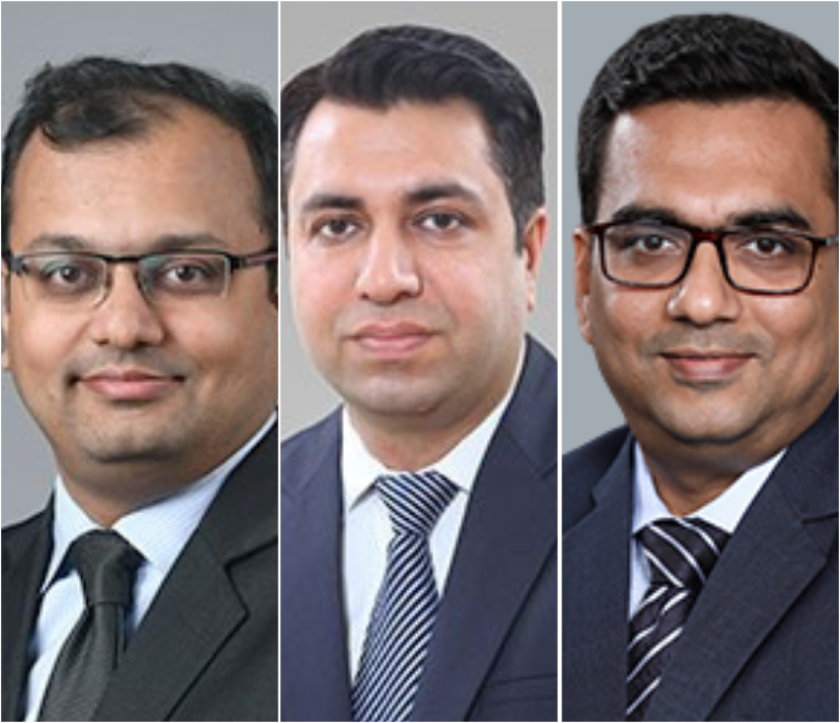It was a transformative year for tax in India, as 2023 saw a host of highly anticipated Supreme Court decisions and government policies impact the way both domestic and multinational companies do business.
To help navigate this dynamic period, ITR editor Tom Baker spoke with three experts from Dhruva Advisors, partners Mehul Bheda and Kulraj Ashpnani and associate partner Ashish Agrawal, in an in-depth and colourful fireside chat.
First on the agenda was analysing the fallout from a 2022 Supreme Court ruling related to the taxation of secondees from multinational groups to Indian entities. The speakers highlighted that multinationals need to be careful in the underlying documentation of expat secondment arrangements.
Next, Agrawal reviewed a Supreme Court ruling from October 2023 regarding most favoured nation (MFN) clauses with India. The ruling stated that specific notifications by the Indian government was mandatory to invoke the MFN clause in India’s tax treaties.
Agrawal warned of the implications: "[The Supreme Court ruling on most favoured nation clauses] could have severe implications for Indian companies and overseas taxpayers especially for past transactions, and the government needs to deal with it in a more pragmatic way."
Bheda then chimed in with a summary of recent case law regarding the buyback of company shares and the ensuing dividend tax considerations, before discussing changes to India’s ‘angel tax’ rules.
"The 'angel tax' is very peculiar. If you issue shares at a premium, they have to conform with 'fair valuation rules'”, Bheda argued.
“If the share premium is in excess of fair value, the excess will be treated as income and taxed accordingly. It's a very punitive provision. There is nothing 'angel' about it!"
The session concluded with all participants attempting some crystal ball-gazing, and predicting what new tax controversies will arise in 2024, a crucial election year in India.
About Dhruva
Dhruva is dedicated to setting industry standards through exceptional service delivery. With strategic prowess, Dhruva has successfully managed numerous substantial and pivotal tax disputes and related matters within India.
Dhruva’s esteemed team includes 15 partners, five senior advisors, 11 associate partners, 30 principals, and over 300 exceptionally talented professionals.














